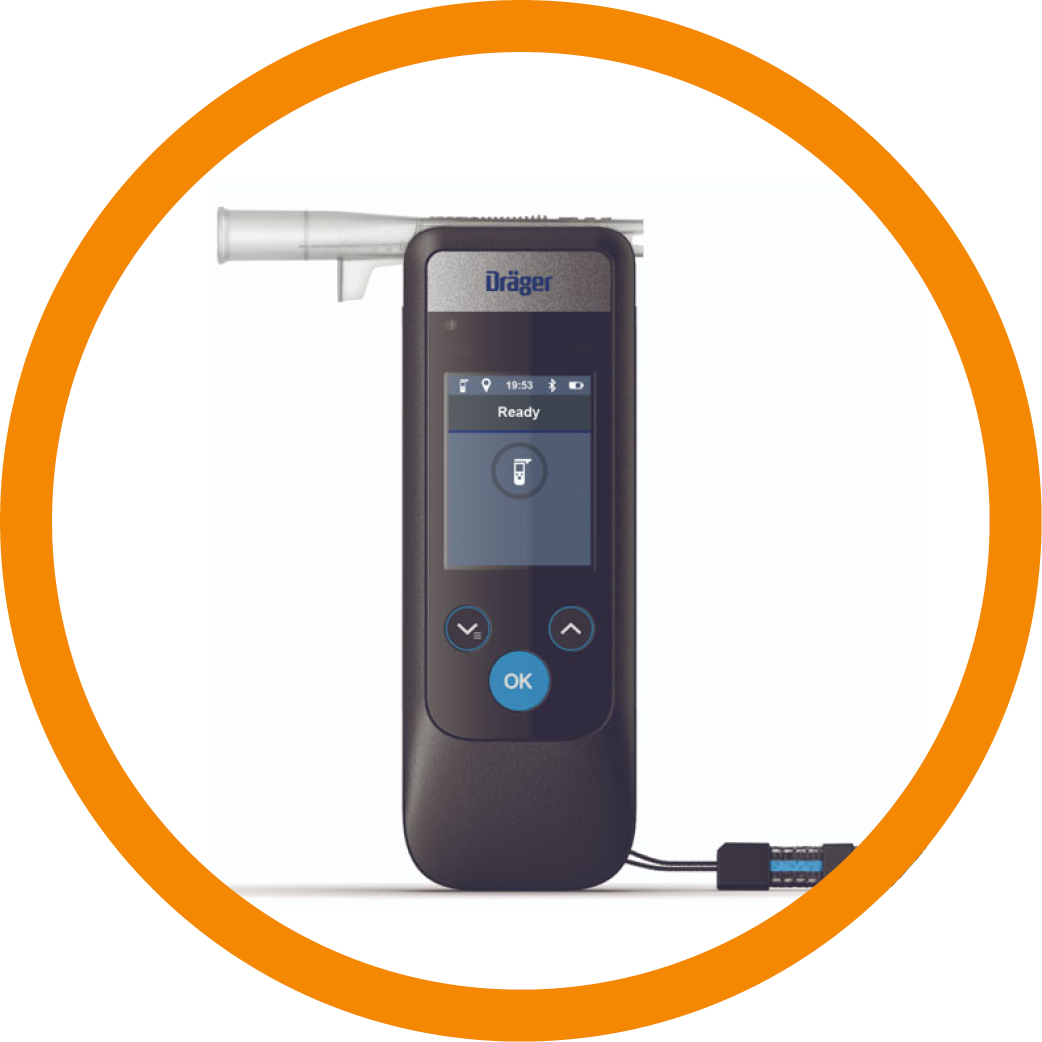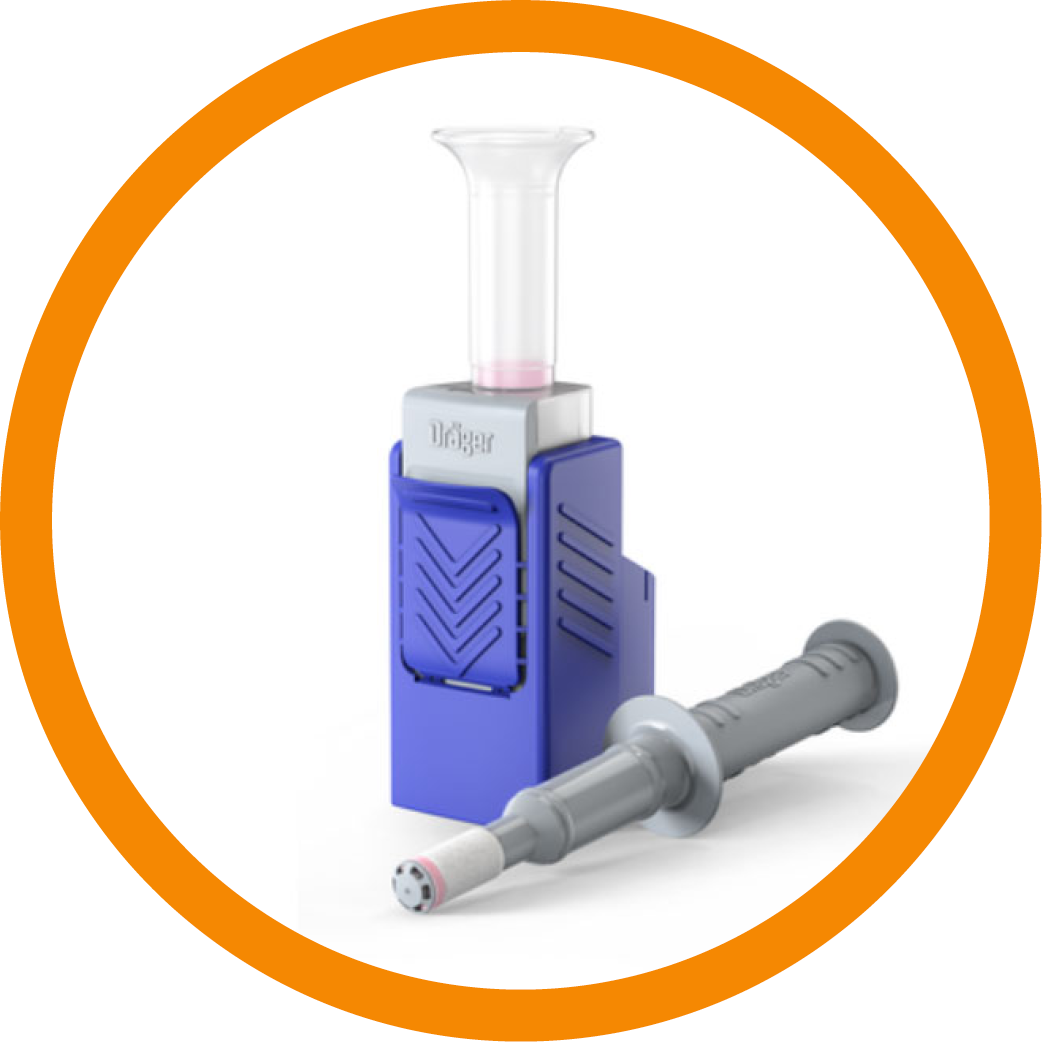Testing times: Challenging the effects of Drugs and Alcohol in the workplace
Mandatory workforce substance use testing may seem like a draconian and punitive measure, but perhaps it should be re-marketed and presented as ‘tough love’.
In a recent survey by BUPA nearly 34% of employees surveyed reported having used or witnessed substance use or addictive behaviours during work hours.
Work stress and alcohol use – intrinsically linked
A 2025 survey conducted for Alcohol Change UK, a leading UK alcohol charity, sadly suggests that around two thirds of UK workers are drinking for work related reasons. Research from the Institute of Alcohol Studies shows that alcohol-related absenteeism or reduced performance costs the economy around £4 billion annually in England alone. More worryingly, from a health and safety perspective, 42% of workers admit having to gone to work hungover or under the influence of alcohol.
A changing pattern of drug use
The pattern of drug use across the UK is changing fast and while cannabis remains the most commonly used recreational drug, other amphetamine-based drugs are on the increase particularly amongst younger generations. A recent BBC Panorama documentary suggests that there are now 270,000 users of Ketamine in the UK. Ketamine is increasing in popularity due to its extremely low cost and escapist nature and is regarded by some health professionals as being more destructive than any other drug. While initial effects of disassociation, relaxation and pain relief are shortlived and Ketamine leaves the system within 9 hours, the long term effects of addictive use are significant.
Testing makes good business sense, but can have side effects
Warning signs of drug or alcohol misuse (HSE):
- Unexplained or frequent absence
- Behavioural changes/conduct issues
- Productivity dips/performance issues
- Accidents or near-misses
The reasons for testing your workforce for substance use are numerous; the effects on judgement, personal behaviour and physical control are well documented and the overall effects on a business are hugely detrimental, causing lower productivity, accidents or high-risk situations and reputational damage. These events could equally be misinterpreted results of stress and testing removes any doubt as to the cause.
Workplace drug and alcohol testing have been brought in across many firms to challenge substance use, particularly in safety sensitive sectors such as construction, logistics and transportation and those involved in heavy machinery usage.
However, random drug and alcohol testing at work, although protecting businesses, can also result in stress and anxiety across the workforce as well as damaged staff relationships, with a perceived attached stigma to testing, and clear trust and transparency issues. There is also a growing awareness of false positives due to food or over-the-counter medications, such as cold and flu medicines, dieting injections and drugs used in mental health treatment.
A new perspective – employer duty of care
Alcohol Studies research suggests that more than 8 in 10 (83%) workers believe employers have some responsibility to address alcohol in the workplace.
This stems from an increasing emphasis on employer duty of care, which is changing the attitude towards alcohol and drug testing from a draconian measure to one of employee protection, both to those who are wholly innocent of substance use, and to the long-term health benefits of the workers involved.
Prioritising long term employee health
Long term use of alcohol and drugs can lead to challenging health issues and significant mental health problems – self perpetuating issues in themselves, where those suffering from addiction continue to self-medicate with their drug of choice. Returning to Ketamine as an example, what started as an occasional recreational escape from reality can very quickly turn into a regular habit, leading to abdominal pain, bladder and kidney failure, mental health issues, mood swings and memory loss.
Employers are in a uniquely priviliged position where, through mandatory testing, they have the opportunity to intervene early in habits before they are fully formed, offering the right support for the person involved. Offering counselling and rehabilitation services can massively improve health outcomes and truly underscores a company’s positive attitude towards the health and wellbeing of its workforce.
A safe working environment for all
Drug and alcohol testing, implemented correctly, can support a substance free workplace which prioritises employee support, wellbeing and safety. This kind of working environment should foster not only improved productivity and safety, but also better morale, mutual respect and communication between employees.
Challenging the negative effects of employer drug and alcohol testing
Regular drug testing can sometimes foster mistrust between employees and employers, making workers feel they are under suspicion and affecting morale and employee retention. As already mentioned, the prospect of being tested may also lead to increased stress for those who fear a false positive, or lead employees to feel ashamed, or singled out if chosen for a random drug or alcohol test.
The answer to this is open and clear communication of the benefits and the company desire to support the wellbeing of its people. Add to this a genuine promise of discretion, confidentiality and personal respect. Be completely transparent about the reasons for testing and the benefits to all staff. Acknowledge that this is a difficult subject - Over a third of workers agree they feel more comfortable talking about mental health in the workplace than alcohol – so it is vital to make it as easy as possible to ask for help. Only with this kind of communication, supported fully by HR policy, can you maintain trust and ensure that drug and alcohol testing in the workplace is seen as a core part of employee wellbeing.

| Workplace alcohol testing with DragerDräger Alcotest 7000 Device - H20-7000The Dräger Alcotest 7000 is a durable breathalyser, used for determining the level of alcohol in exhaled air, with reliable, fast results. The breathalyser uses either mouthpieces or specially designed funnels which do not require bodily contact and do not have to be detached and reattached between tests. Up to to 12 tests per minute can be carried out safely, for instance as an entrance check at your work site. View product |

| Testing for drugs in the workplace with DragerDräger DrugCheck 3000 Device - H20-3000The Dräger DrugCheck 3000 will show you within minutes if a person recently consumed certain drugs. The compact and quick saliva (oral fluid) based drug test yields reliable results, cost effectively and easily.The non-invasive drug test kit does not require electricity and can therefore be used anywhere. View product |